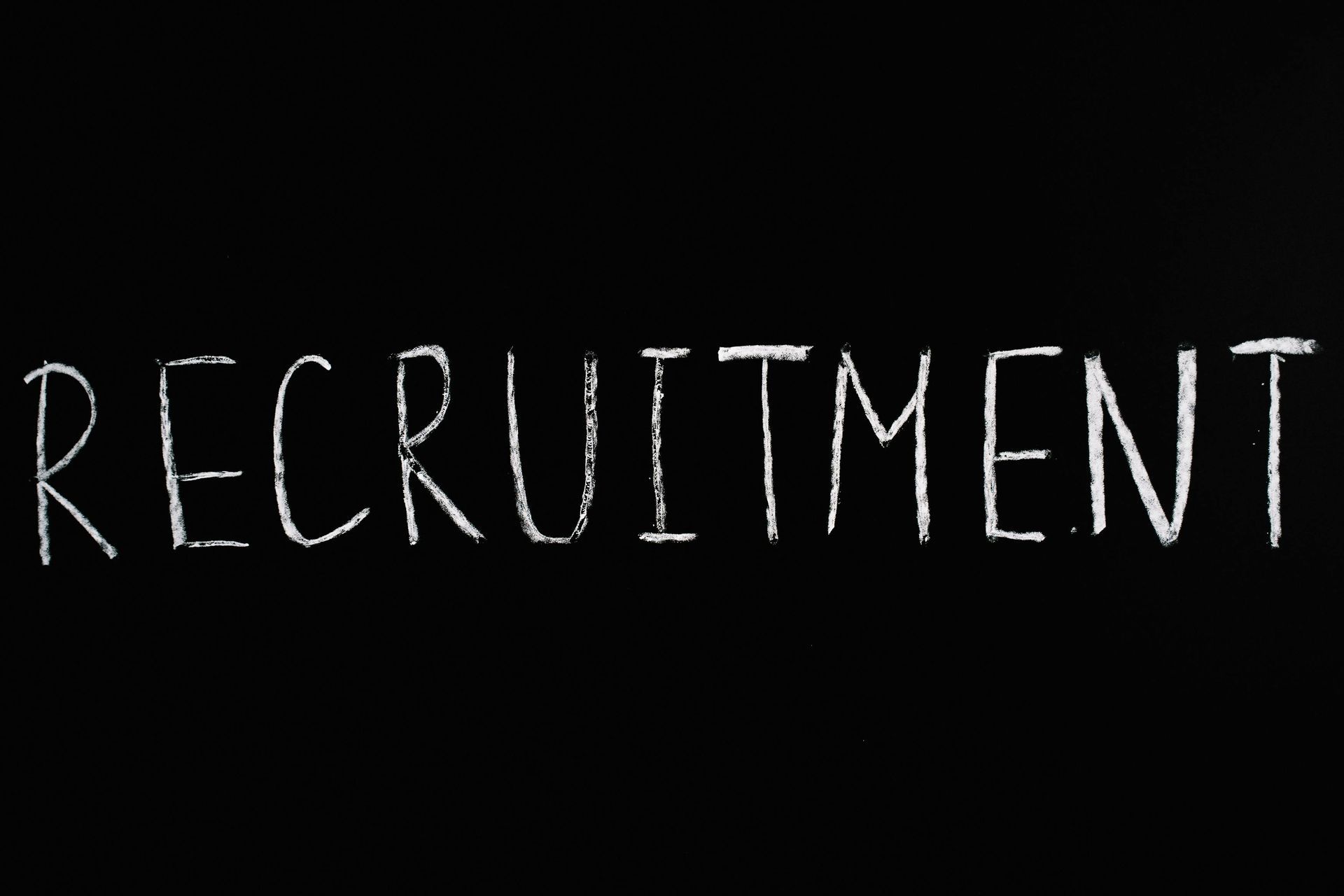What are the changes to the IR35 rules in 2020?
There’s been lots of talk about the upcoming changes to IR35 rules which, from 6 April 2020, will mean that private sector businesses will become responsible for assessing the employment status of the off-payroll contractors they engage (i.e. anybody not being paid via the normal payroll channel).
Medium and large businesses in the private sector that contract with intermediaries for the provision of an individual’s services will have to account for tax and national insurance through PAYE if the underlying relationship between the end user and the individual would be one of employment. However, the reforms will not impact the smallest businesses. This means that where a company satisfies two or more of the following requirements they will be deemed as a small business and be outside the scope of this reform:
- an annual turnover of not more than £10.2 million
- a balance sheet total of not more than £5.1 million
- no more than 50 employees
What is IR35?
- look at your current workforce (including those engaged through agencies and other intermediaries) to identify those individuals who are supplying their services through Personal Service Companies (PSC’s)
- determine if the new off-payroll rules will apply for any contracts that will extend beyond April 2020
- start talking to contractors about the upcoming changes and how it could impact them
- put processes in place to determine if the off payroll rules apply to future engagements
- appoint key stakeholders within various business units to assist with determining status
- ensure all new contractor agreements (and any extensions of existing contracts) are consistent with the new rules.
Other posts:



